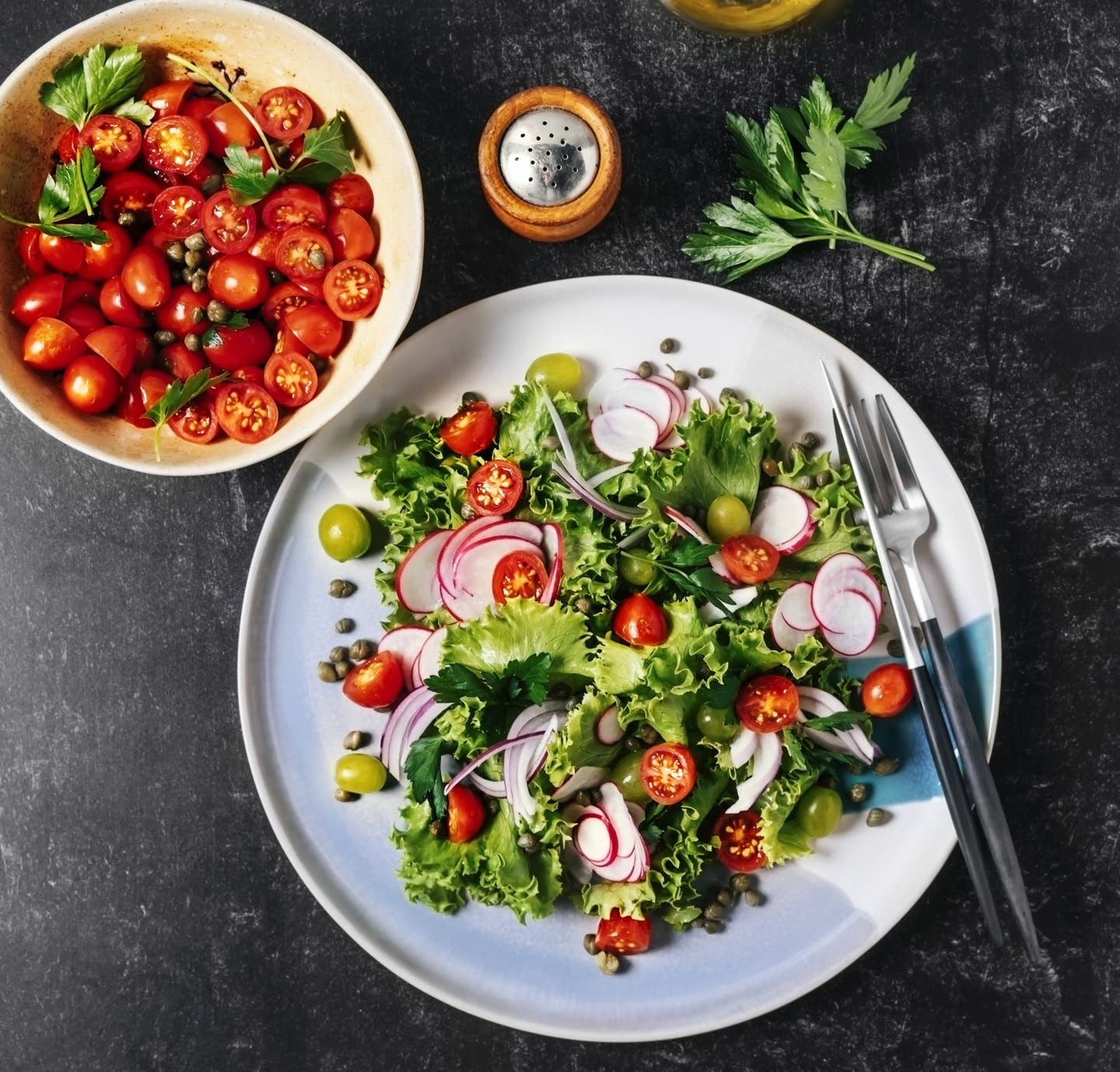
What is IBS? Here’s What to Eat to Improve Symptoms, from a Doctor
An estimated 25 to 45 million Americans suffer from Irritable Bowel Syndrome, which roughly translates to almost 15 percent of the adult population. This chronic disease affects everyone differently and treating it means finding ways to improve and manage your unique symptoms, which can range from gastrointestinal distress to abdominal cramping and pain.
There is no "cure" for IBS but the most effective ways to treat symptoms are by managing stress, exercising, getting enough sleep, and most importantly cutting out foods high in FODMAPs that may be triggering you.
The most effective ways to treat IBS are through diet, exercise, and managing stress, according to Dr. Sabine Hazan, a board-certified gastroenterologist with over 22 years of experience in clinical trials, and the creator of ProgenaBiome Research Genetic Sequencing Laboratory in Ventura, Ca. Dr. Sabine Hazan is also the author of Let's Talk Sh!t: Disease Digestion & Fecal Transplants. It's described on her website as "a humorous, easy-to-digest explanation of gastrointestinal disorders, their current treatments, as well as next-generation hope for heart disease, obesity, autism, Alzheimer’s, and more."
Dr. Hazan shares her advice for treating symptoms of IBS with lifestyle and diet.
What is IBS? What are the Symptoms?
Dr. Hazan: IBS is a gastrointestinal disorder that you can develop at any age, but you usually have your first symptoms when you're between 20 and 30. Triggers for IBS manifest differently for each person but some common symptoms are abdominal pain and cramping, alternating between constipation and diarrhea, gas and bloating, and fatigue. Women are twice as likely as men to report having symptoms of IBS and it's unusual to get them for the first time after the age of 50. Symptoms of IBS can be mild or severe enough to affect your work and daily life.
It can be hard to separate IBS and gut anxiety, especially because many people with IBS also have some form of anxiety. Many people experience anxiety, which can contribute to an increase in gut symptoms. As with so many things that are remedied by taking a look at our microbiomes, anxiety might be alleviated by regulating the bacteria in our guts. People who experience symptoms of anxiety can take steps to adjust their diets and regulate and balance their microbiome. I often treat patients with IBS using dietary modifications–diet can also be used to help people with Chron's, UC, and even Covid. Further, our gut produces more neurotransmitters like serotonin (the happy hormone) than our brain.
There are direct links between our gut, mental health, and how well we sleep. Stress can change our gut microbiome’s composition through hormone changes and inflammation. In response to this, the gut can release toxins and set other bodily processes in motion that can affect our appetite and mood. This in turn can affect how we sleep. It’s all very connected and giving our bodies the right fuel can ease these processes.
What's the Best Diet for IBS?
Dr. Hazan: The easiest foods to eliminate from your diet are those high in FODMAPs, which stand for fermentable oligosaccharides, disaccharides, monosaccharides, and polyols. These are short carbohydrates that stick around in our guts and cause abdominal pain. Eating a diet high in FODMAP foods, such as sugar, starch, and fiber, can lead to gas, bloat, and stomach pain or diarrhea.
Eating less lactose, such as cow's milk, ice cream, and cottage cheese and cutting back on products with high fructose corn syrup, and of course avoiding alcohol, tobacco, and caffeine are easy solutions to treat distress.
What Foods Help Lower Stress?
Dr. Hazan: Take time to reduce your stress levels by relaxing or drinking teas such as fennel or chamomile which are great for calming your body down. Most importantly they are a great source of Vitamin D. Nuts like almonds, walnuts and macadamia are high in B-vitamins, which help lower blood pressure and reduce stress.
Foods to Eat to Help Reduce Stress Include:
- Bananas are high in potassium and vitamin B6, which work to boost energy.
- Oranges contain powerful antioxidant compounds that help fight fatigue and improve our physical performance over time.
- Soybeans are high in energy and actually decrease cholesterol.
Low FODMAP Foods Can Help IBS Symptoms
Studies have shown that eating a Low FODMAP diet, helps to pinpoint exactly what is triggering your bloating, pain, and other IBS symptoms. Eliminating triggers in your diet allows you to understand what is aggravating your symptoms when you add foods back in, and Low FODMAP foods are intended to be nourishing.
Low FODMAP foods that can improve IBS symptoms:
- Soy products like tofu, tempeh, soy milk, seitan
- Vegetables like eggplant, carrots, tomatoes, bamboo shoots, bok choy, cucumbers, ginger, potatoes, celery, green beans, and lettuce
- Fruit like bananas, blueberries, grapefruit, grapes, honeydew melon, orange and strawberry, raspberries
- Grains like quinoa, rice, oats, gluten-free pasta
- Non-Dairy Milk like hemp milk, almond milk, rice milk, coconut milk
- Nuts like almonds, macadamia nuts, peanuts, pine nuts, walnuts (eat about 10-15 nuts)
- Seeds like chia, poppy, pumpkin, sesame, and sunflower
Editor's Note: Make sure to consult a doctor or registered dietician before making any drastic changes to your diet.
For more expert advice, visit The Beet's Health & Nutrition articles.
More From The Beet






